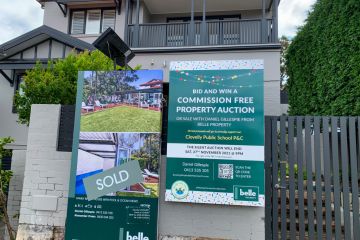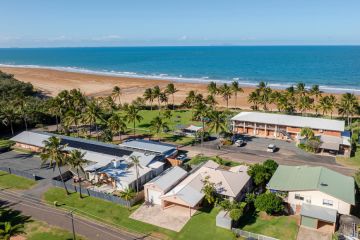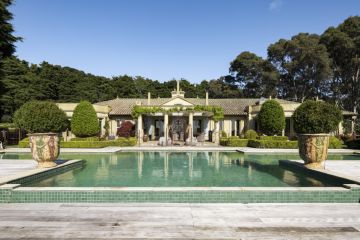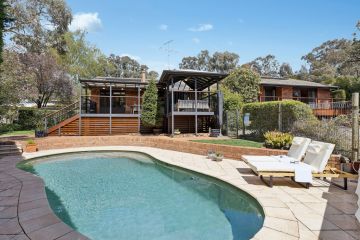How young is too young to buy property?
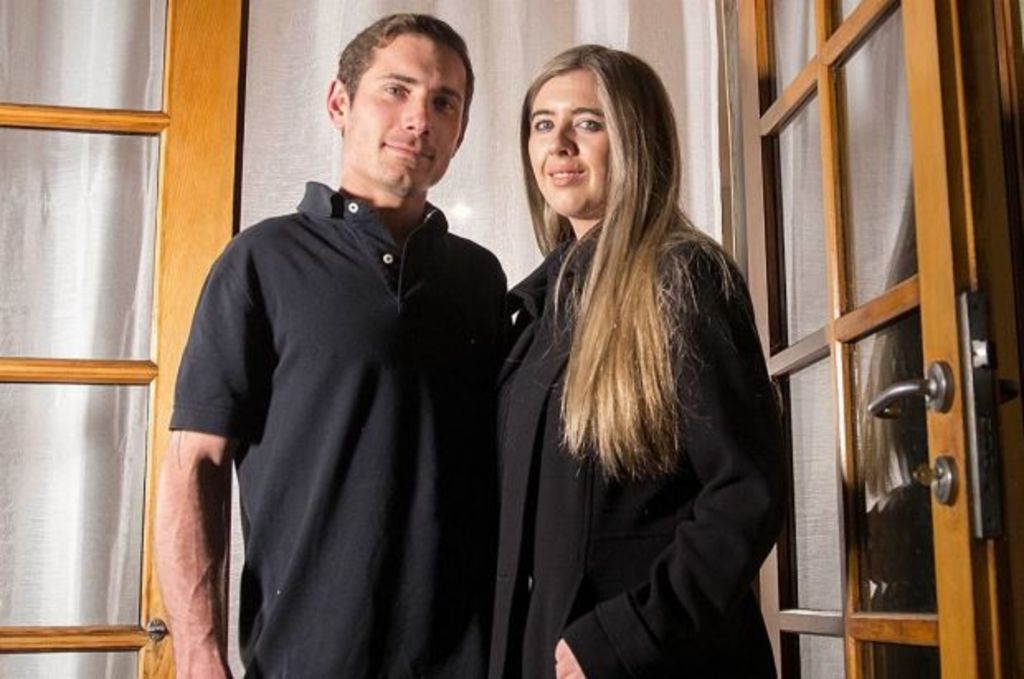
From the age of 12, Bianca Field knew she wanted to start climbing the property ladder.
It took eight years and a rigid savings regime working as many jobs as she could handle, not to mention regularly scrounging three days’ worth of leftovers from a single cook-up, but in March this year, that dream became a reality.
The real-estate business-development manager and her partner, Nathan Mort, bought a three-bedroom 1960s brick home on a 3000-square-metre block in Bargo, about 100 kilometres southwest of the Sydney CBD.
After they finish renovating, they plan to build a duplex on the block and will use both as investment properties while they continue to rent an apartment in Sydney’s inner west.
Field has been happy to get her hands dirty during the renovations.
“I’ve been sanding, painting, helping rip nails out of the floor, ripping up carpet. Basically anything that doesn’t require me to get on a ladder or operate heavy machinery,” she says.
In Field’s view, there is no such thing as too young to get a foothold in the property market. While she has her sights set on owning a house near where she currently lives, she was prepared to look further afield for her first purchase.
“I always say Sydney doesn’t have to be the first place you buy. It’s not affordable. You can start a little further out and work your way in. You’ll get there eventually.”
Koray Basol was 22 and just starting out in the freight industry when he spent $350,000 on his first investment property, a two-bedroom unit in the southern Sydney suburb of Arncliffe.
“I was working seven days a week. Any overtime I was offered, I would take it. I sacrificed going out on weekends and I drove an old Daihatsu Charade,” he says.
Three years later, he expanded his portfolio, splashing out $550,000 on a two-bedroom villa in Roselands, southwest Sydney. His most recent purchase was a two-bedroom townhouse near the water in the southern Sydney suburb of Sylvania. It cost $650,000.
Now 28, Basol knows he is lucky to have been able to live at home with his parents while building up his portfolio. He plans to move into one of his properties in the next six months.
The freight network control supervisor says the toughest time financially was saving for his deposit.
“But it was only for one year, then you can do what you want from there. When the banks see you have property, they tend to lend you whatever you want.”
For the record, he now gets around town in a 2015 Mercedes C-250.
Melbourne buyer’s agent Cate Bakos says young people wanting to enter the property market need to be prepared to compromise.
“A lot of young people don’t get excited about living on the outskirts of town or living in an older, daggier building. But you will probably have to make some sort of compromise,” Bakos says.
Her advice to moguls-in-the-making is to get informed about investing through free independent resources such as podcasts and online newsletters.
“Don’t necessarily target something that is your forever home … Just look at somewhere safe where the expenses aren’t going to break the bank. And never do anything without pre-approval.”
Antony Bucello, Victoria state manager for National Property Buyers, says saving for the deposit and negotiating against more experienced buyers can be tough. “Take the time to do plenty of research to understand as much as possible about the property, the likely sales price … and the area.”
Of course, property isn’t the only investment option for ambitious young go-getters, as Robert Reid, a Sydney-based financial planner at Eqeus, explains.
“One of the biggest downsides to property is that you’re buying a single, big, illiquid asset … It’s a big commitment for someone who doesn’t necessarily know what the next five or 10 years will look like,” Reid says.
Alternatives include investing in shares, managed funds or property trusts.
“People just default to property because that’s what their parents or friends tell them to do, or the guy on the TV says it’s a sure thing.”
We recommend
States
Capital Cities
Capital Cities - Rentals
Popular Areas
Allhomes
More
